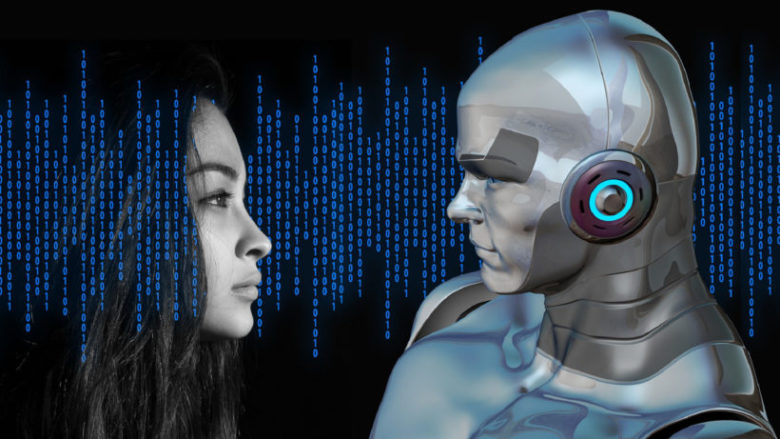Humans do not trust AI

For the past decade, people have become growingly reliant on robots and AI. Machines have been helping with numerous tasks in areas such as medicine, and soon will be our taxi drivers. However, this willingness to help has not been mutual. In a recent study by the Ludwig Maximilians University (LMU) in Munich and the University of London researchers found that most users treat their smart machines “without remorse”, with their attitude towards them worse than their attitude towards fellow humans.
Reluctance to cooperate
“The reluctance to cooperate with machines is a challenge for the future interaction between humans and AI,” found Jurgis Karpus from LMU after a series of online experiments. In these trials, researchers noticed that people are much more willing to cooperate with other humans than with a virtual partner. Humans were found to be more likely to exploit machines for their own benefit.
According to Karpus, someone driving a car would give way to a human driver, but not to a self-driving car. Tendencies like these can pose serious risks on the road in the future.
Working together
Researchers realize the problem of humans not cooperating with AI. It is of utmost importance that in the future people not only operate machines but work in cohesion with them. “We all want AI to be trustworthy and considerate of people. But it is not enough to model AI according to these criteria. To the individual, it may look like a forgivable act of self-interest if we do not cooperate with robots and even use them for our own purposes. For society as a whole, however, it could have more far-reaching effects,” says Ophelia Deroy, co-author of the study.





























